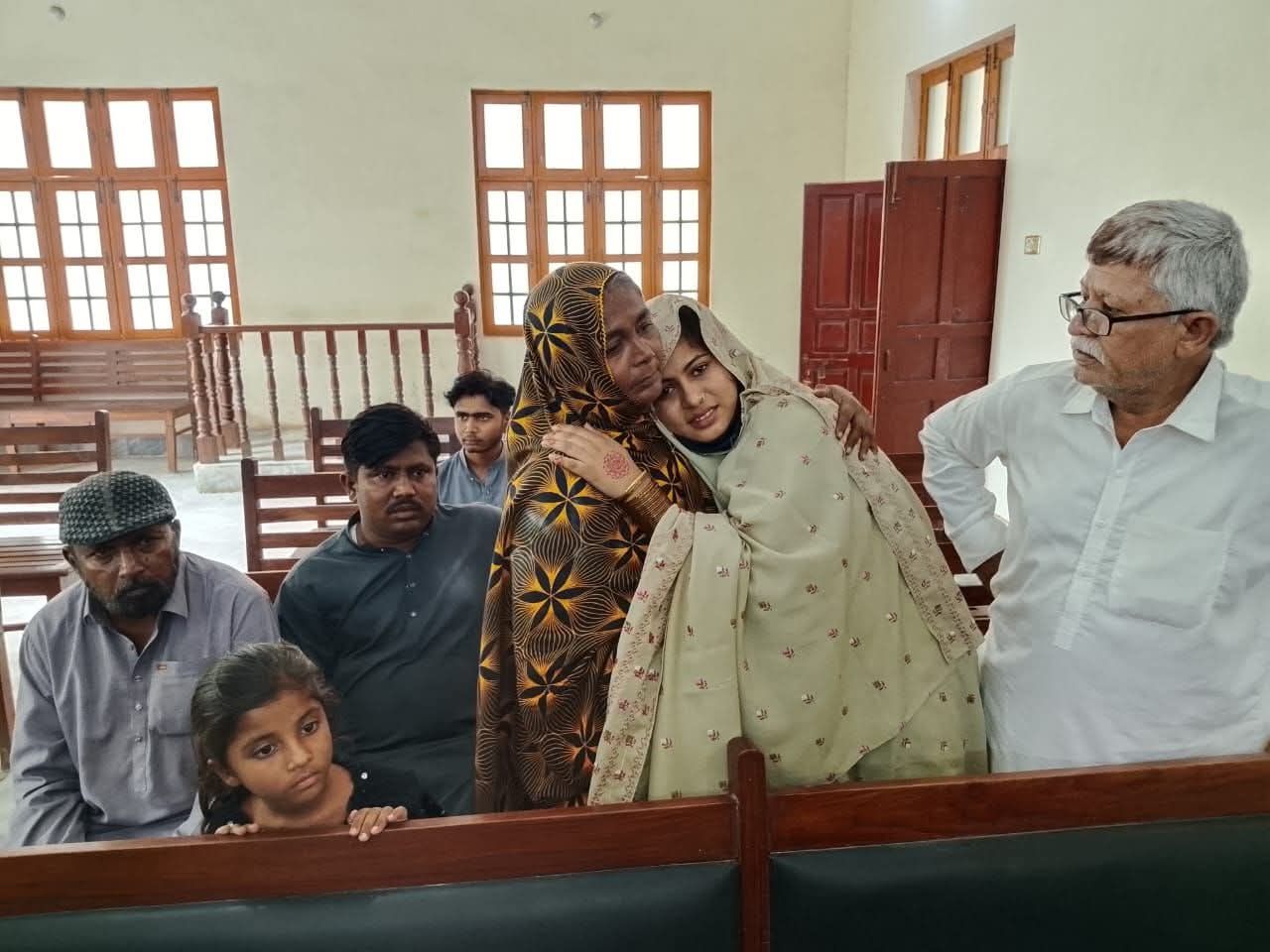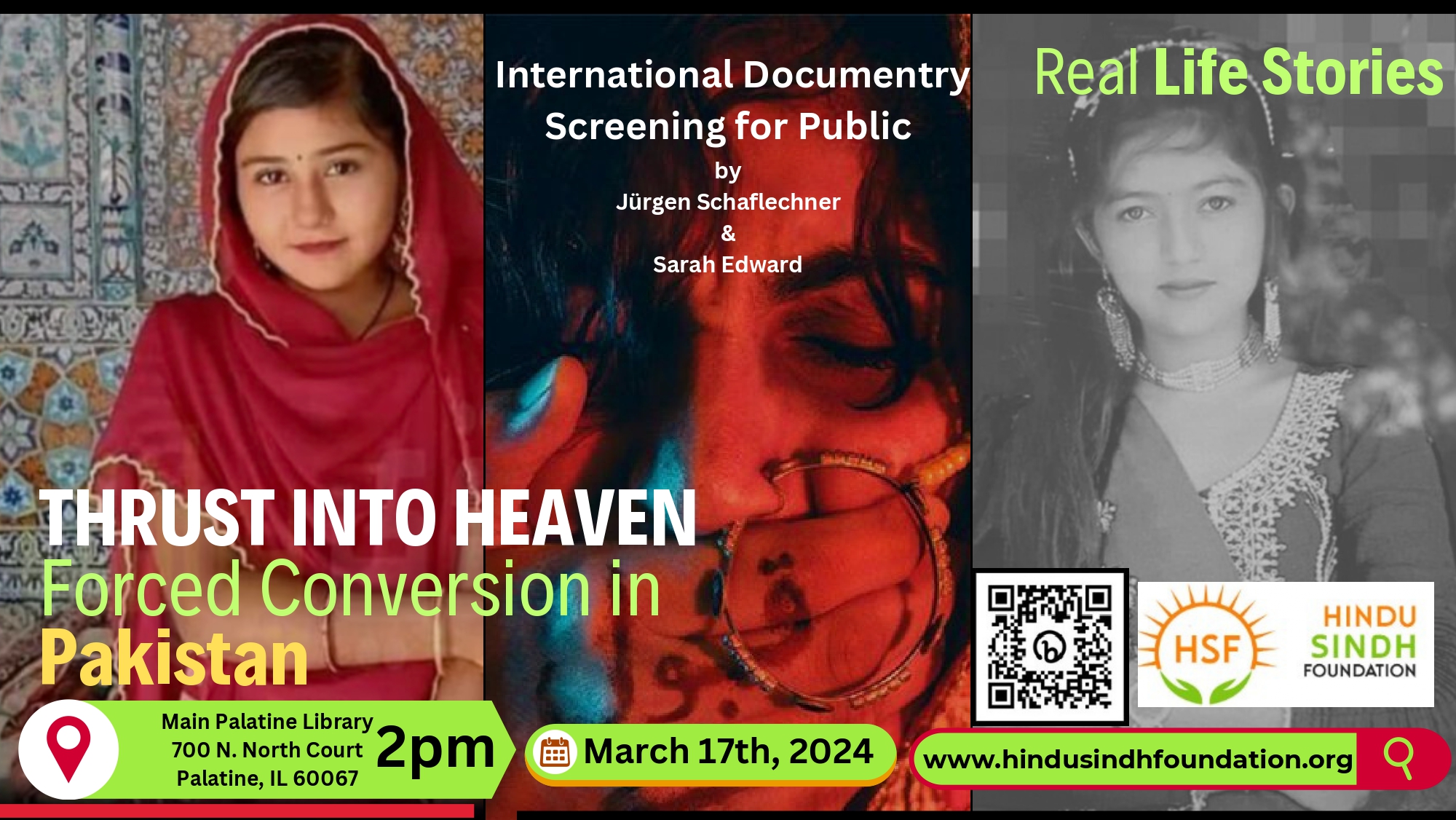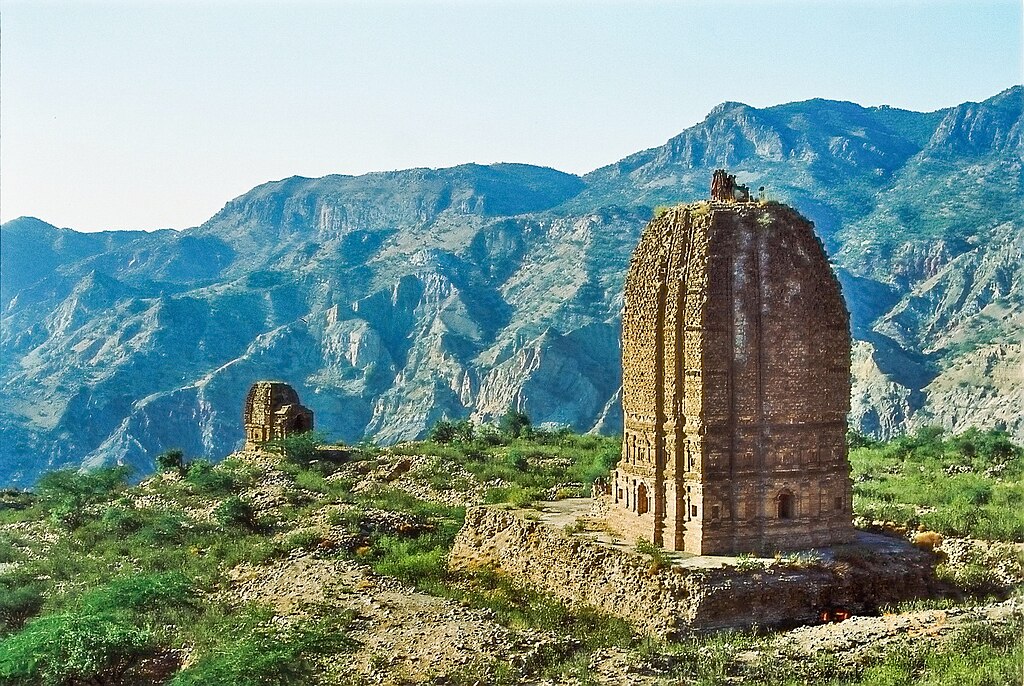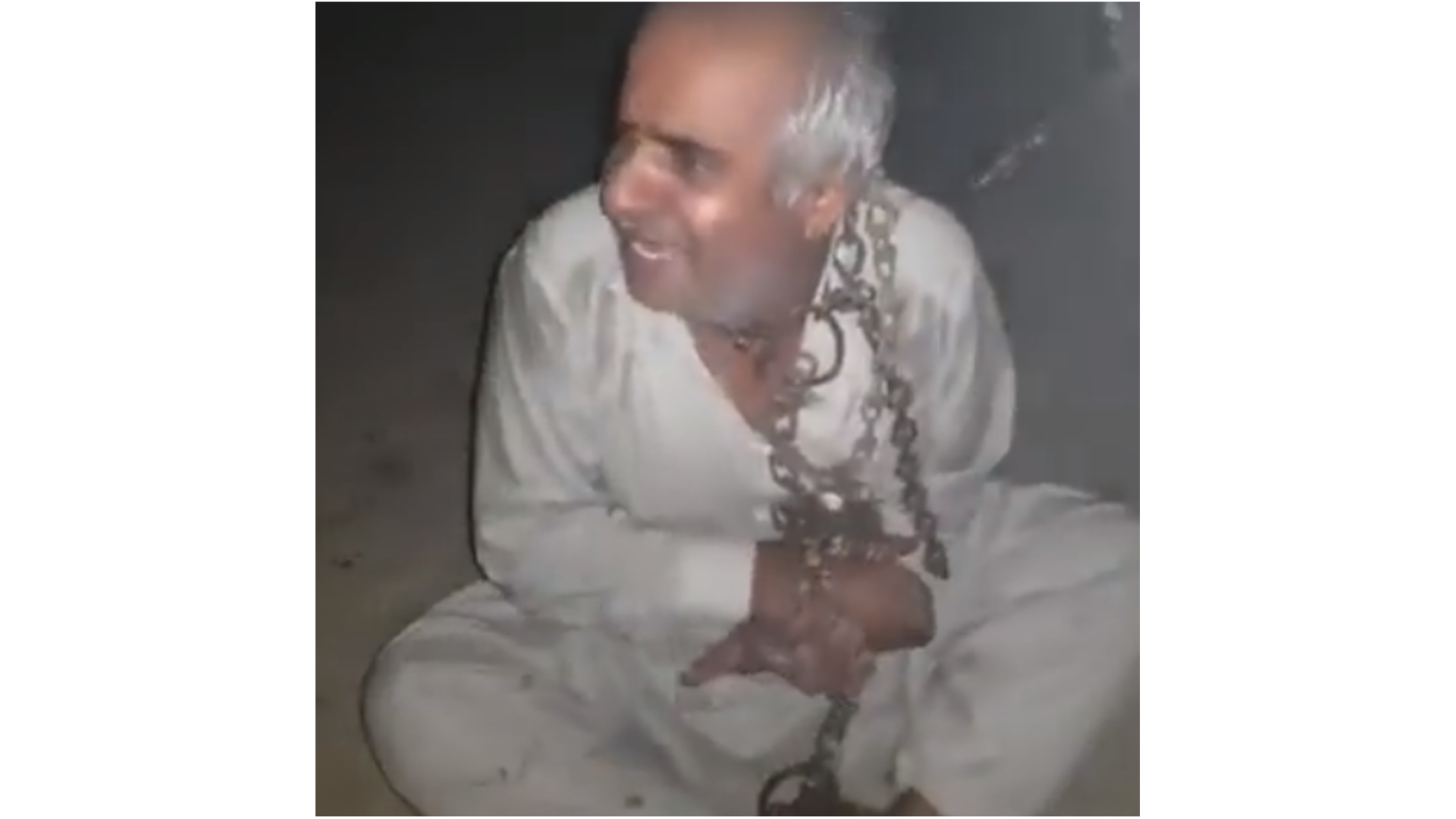Umerkot, Sindh- A Daughter Returns, But the Fight for Justice Continues
After , Sunita Kumari Maharaj, a young Hindu woman from Kunri, Mirpurkhas, has been reunited with her family in Umerkot following her alleged abduction in mid-2025. While her return has brought relief and emotional reunion, it has also reignited concerns over the systemic abduction, forced conversion, and marriage of minority women in Sindh- a crisis that continues to terrorize Hindu and Christian communities across the province.
Her case is not just a story of reunion, but a stark reminder of the ongoing persecution faced by religious minorities in Pakistan.
The Disappearance: A Family’s Nightmare
Sunita, the daughter of Taro Maharaj, was reported missing from Kunri in mid-2025. According to local activists and community leaders, she was abducted, a fate all too common for young Hindu and Christian women in rural Sindh.
Under intense pressure from community groups and media, an at the Women Police Station in Umerkot—a step that too often comes late, if at all, in such cases. The initial report by Sindh Renaissance had described her as a “Hindu girl from Kunri [who] converts to Islam, marries in Mirpurkhas”—a under the guise of voluntary conversion and marriage.
But Sunita’s family and activists tell a different story: one of coercion, fear, and a battle for her safe return.
A Bittersweet Reunion: Trauma, Stigma, and Legal Battles Ahead
While official confirmation from major national media remains pending, local sources and community posts confirm that Sunita has returned home to her family. Emotional scenes of reunion have been shared, but the relief is tempered by lingering trauma.
Rights groups warn that even when victims return, the psychological scars, social stigma, and legal vulnerabilities remain. Many survivors face:
- Persistent threats from abductors and their associates.
- Pressure to drop charges due to fear or financial constraints.
- Difficulty reintegrating into communities that often stigmatize returned women.
- Legal hurdles in proving coercion, especially when conversion certificates and marriage documents are falsified.
Sunita’s family is now under the , which are working to provide protection, legal support, and counseling. But without strong institutional safeguards, her safety- and that of her family—remains at risk.
A Pattern of Impunity: Sindh’s Crisis of Forced Conversions
Sunita’s case is far from isolated. Sindh has become notorious for the abduction, forced conversion, and marriage of minority girls, with Hindu and Christian communities living in constant fear.
Activists and human rights organizations highlight a disturbing pattern:
- Abduction – Young women are targeted and kidnapped, often by powerful local men.
- Forced Conversion – Victims are pressured or threatened into converting to Islam.
- Forced Marriage – They are married to their abductors, with facilitating the process.
- Legal Failure – Police and courts rarely act swiftly, allowing perpetrators to evade justice.
Why does this keep happening?
- Weak enforcement of laws protecting minorities.
- Cultural and religious biases that favor perpetrators.
- Lack of witness protection, leaving families vulnerable to intimidation and retaliation.
How many more Sunitas will it take for Pakistan to act?
The Fight for Justice: What Happens Now?
While Sunita’s return is a small victory, the battle for justice is just beginning. Community activists in Umerkot are: ✅ Demanding updates on the FIR’s progress and a transparent investigation. ✅ Urging the Sindh government to monitor Sunita’s safety and ensure her rights—including freedom of religion and freedom from coercion—are protected. ✅ Calling for , including:
- into abduction cases.
- Accountability for perpetrators, including clerics and officials who enable these crimes.
- Long-term support for survivors, including legal, financial, and psychological assistance.
“Relieved she is back, but the fight for justice has only just begun,” wrote one activist on social media. “May her future be safe, free, and filled with her own choices,” added another.
But without urgent action, Sunita’s story could easily repeat itself—for her or another young woman in Sindh.
A Moment of Relief—But a System Still Broken
Sunita’s reunion with her family is a in a sea of injustice. Yet, it also underscores the fragility of safety for minority women in Pakistan.
Her return must not be the end of this story. It must be the beginning of real change.
The provincial and federal governments must:
- Prioritize the protection of religious minorities.
- Reform laws to prevent forced conversions and marriages.
- Ensure that survivors like Sunita receive justice and support to rebuild their lives.
Sunita is home—but the . Will Pakistan finally break the cycle of impunity?
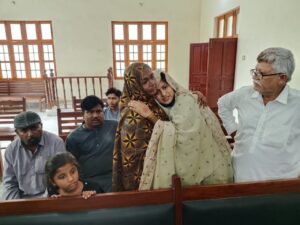
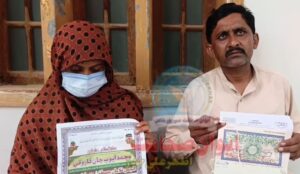
#JusticeForSunita #EndForcedConversions #ProtectMinorityWomen #SindhRights #HinduLivesMatter 💔
For more updates and detailed coverage of this case and other issues affecting the Hindu and Sindhi communities in Sindh, Pakistan, stay tuned to Sindh Renaissance.



